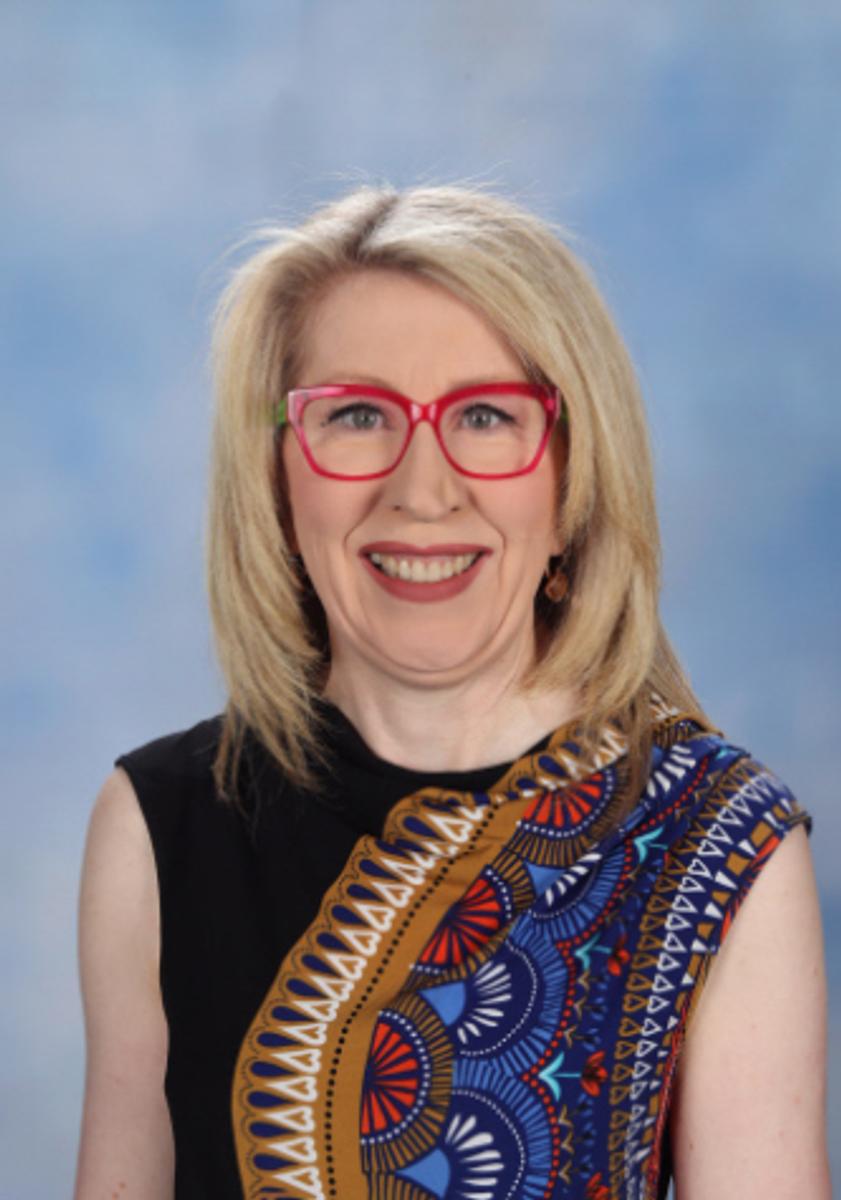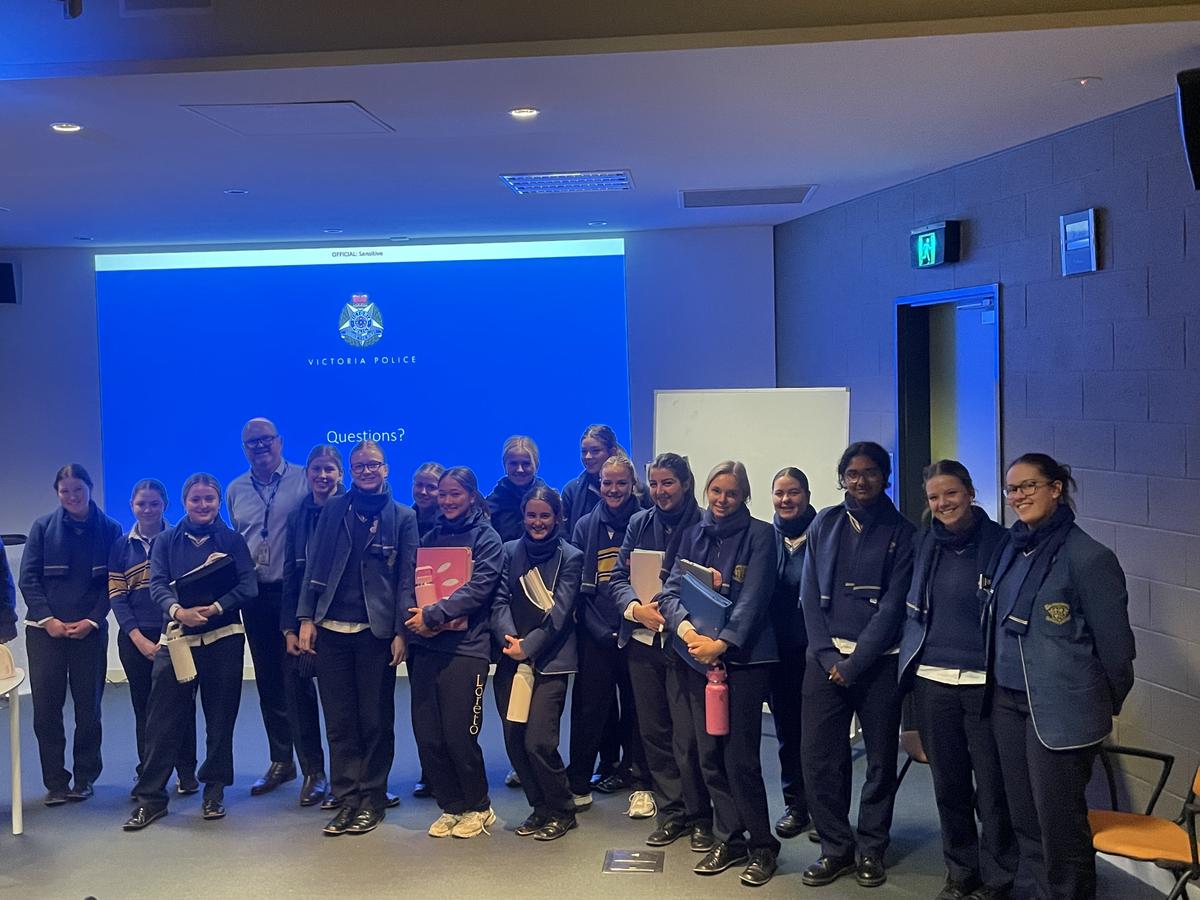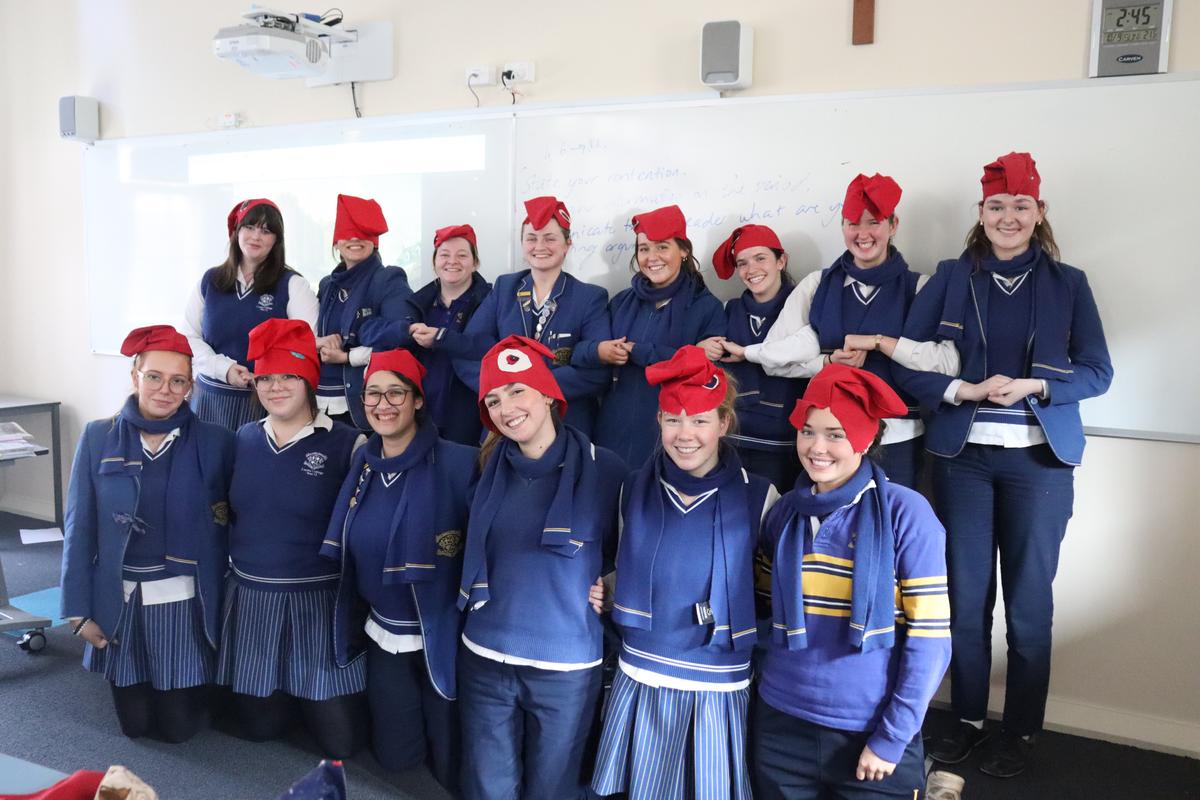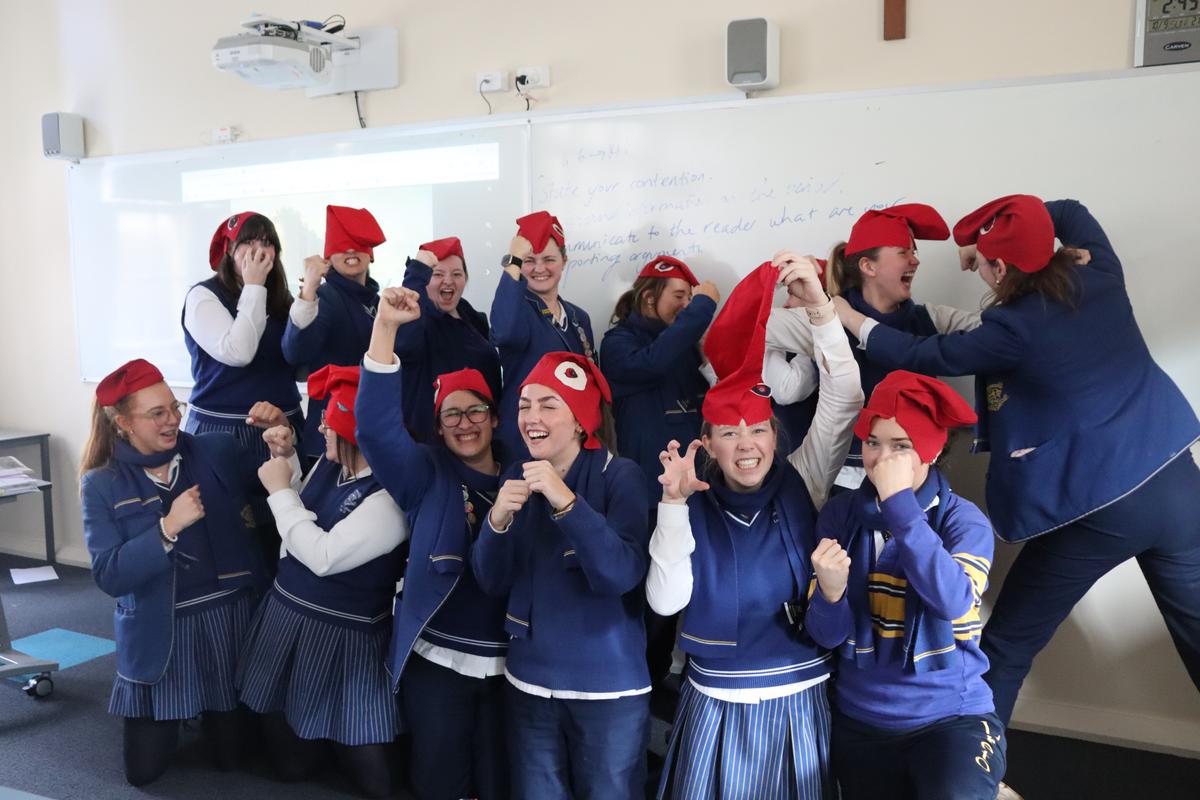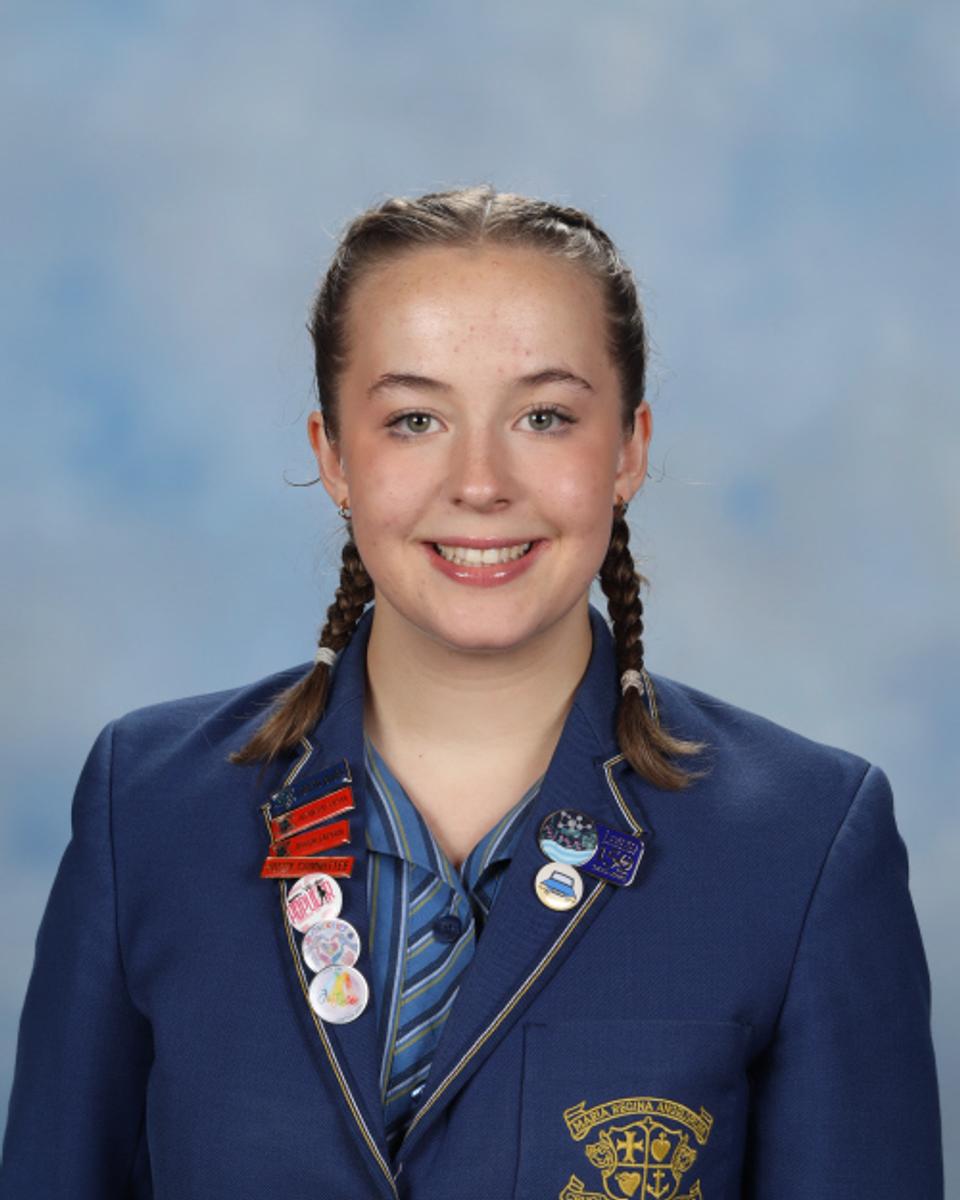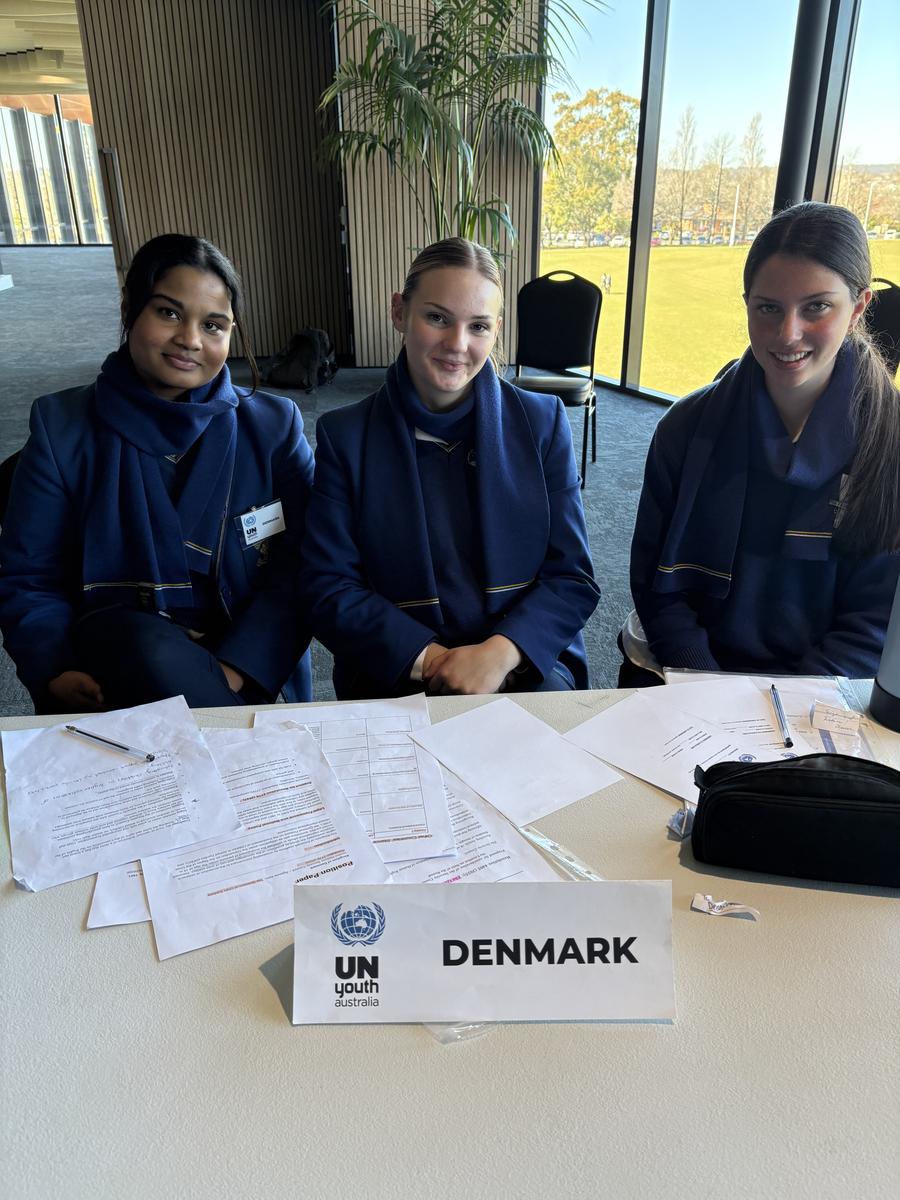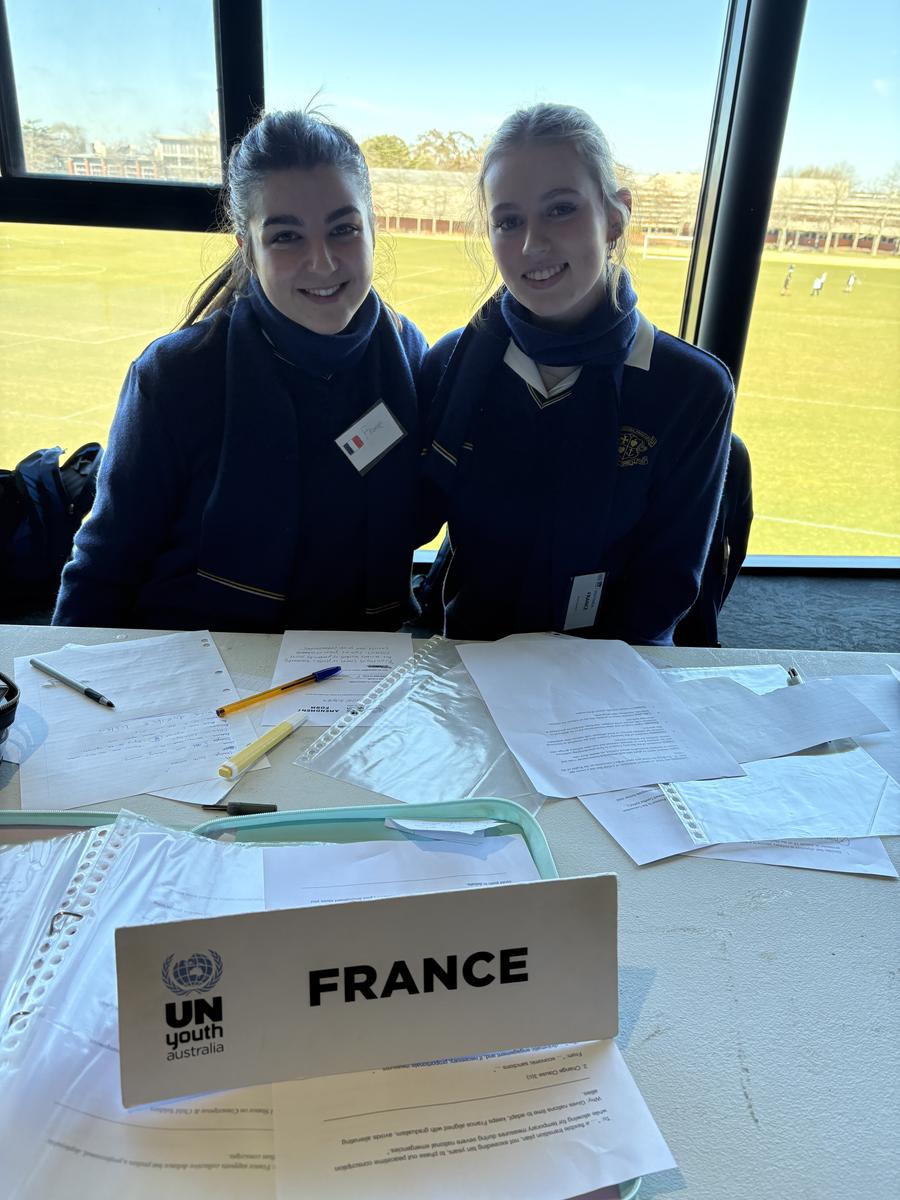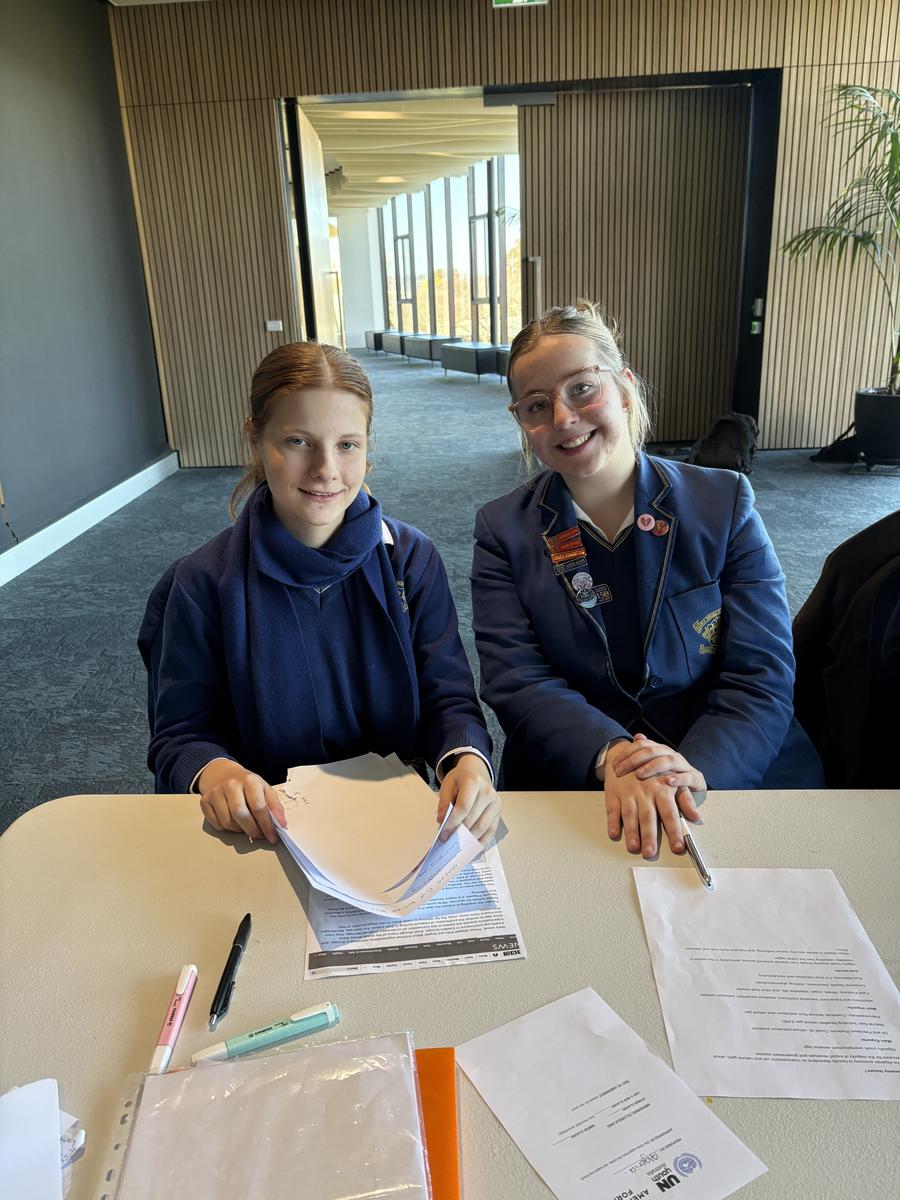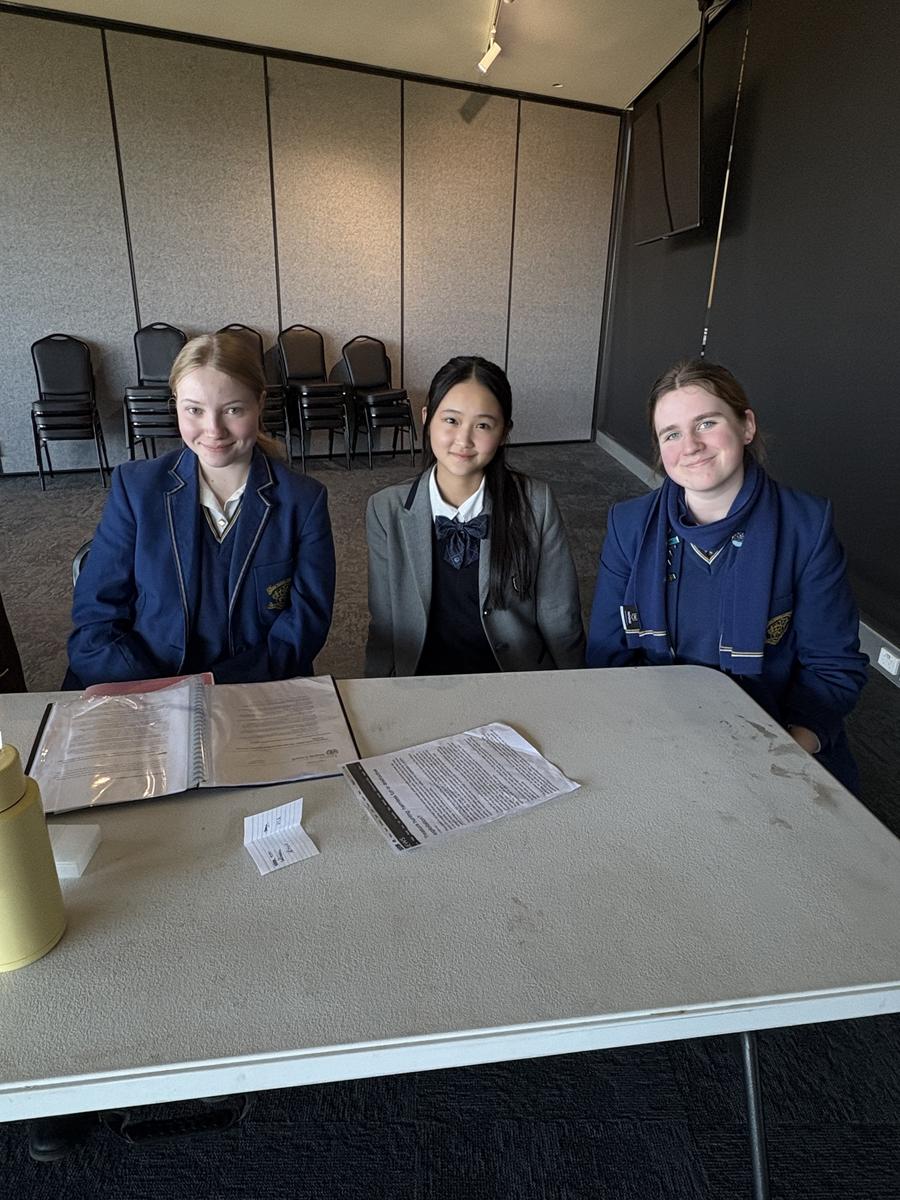Humanities News
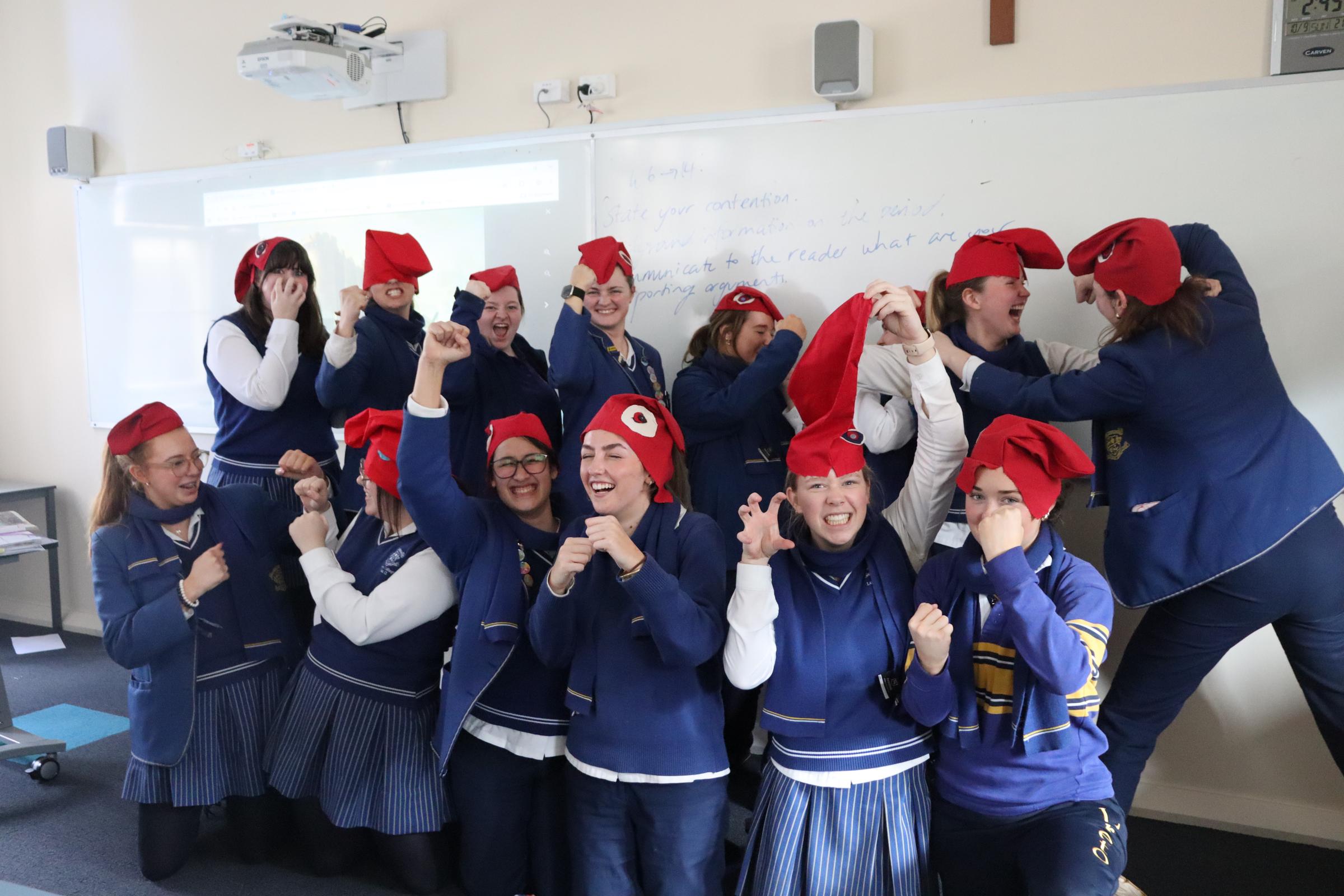
By Jayne Carrigg - Faculty Coordinator: Humanities
Term 3 Recap
This term has seen the Humanities faculty continue to develop its connections with the wider community and engage in a variety of learning experiences beyond the classroom. These experiences have affirmed key knowledge and key skills which have been taught in classes and allowed students to ask questions of guest presenters to further enhance their learning.
Term 3 has seen politics be studied across the school with our Year 8 students studying the Australian system of government including the constitution, the structure of parliament, voting and elections and the features of the main political parties. While students of Unit 2 Politics in Area of Study One: Issues for Democracy have been engaged in a depth study of `Women and Power’. They have studied the obstacles that women face to become members of parliament and the challenges that they encounter once they arrive at parliament. Both groups of students were fortunate to have the chance to ask questions of the Honorable Catherine King MP, Minister for Infrastructure, Regional Development and Local Government and Julianna Addison MP, Member for Wendouree when they visited the College on Friday 22 August, 2025. Both MPs spoke of their journey into politics, some of the challenges they encountered and their main motivations for working in politics. Julianna encouraged the students to seriously consider a career in politics in the future.
To enhance the learning about the French Revolution the Unit 4 History Revolutions students dressed in Revolutionary caps and enjoyed an afternoon of French food and revolutionary ideas. Much discussion and enjoyment was had by the class.
The Unit 2 Sociology class has been studying the use of data and statistics in relation to crime. To understand this area in more depth they invited Detective Senior Sergeant Tim Kennedy to speak with them. His presentation provided a detailed overview of crime in the local area and how data reflects this. He also discussed the contributing factors which potentially lead to crime. Students found this presentation very engaging and had the opportunity to ask questions to deepen their understanding and apply this within their coursework.
All of these activities are only possible with the support and assistance of the hard-working staff of the Humanities faculty. Many thanks to all those involved.
Evatt United Nations Security Council Debating Competition
During the term the opportunity arose for Loreto College students to be involved in the Evatt United Nations Security Council debating competition which was hosted by Ballarat Grammar School. The members of the Unit 2 Politics class were allocated countries in advance of the day so that they could prepare their county’s responses to two draft Resolutions which were debated in the Council chamber. Our students enjoyed the experience of working with their peers from other schools to negotiate on draft Resolutions put before the Assembly and said that it helped them understand why the UN is often slow to develop resolutions which result in meaningful change.
Zoe Crack and Isla were successfully selected from this round to compete in the preliminary Evatt final at Melbourne University on Saturday 6 September. Congratulations to Zoe and Isla on their efforts!
By Zoe Crack - Year 11
`Competing in the EVATT Model United Nations competition as part of Unit 2 Politics at Ballarat Grammar was an invaluable experience. The event provided insight into the workings of the United Nations and introduced us to key political concepts, such as the great powers’ use of veto rights. In pairs, we represented assigned countries and debated their positions on pressing global issues, including child soldiers and marine policy. This experience challenged me to step outside my comfort zone and develop skills in negotiation, public speaking, and critical thinking. My partner and I were honoured to be selected for the semi-final round at St Hilda’s College in Melbourne, where we engaged with both local and metropolitan schools. Overall, the competition was a rewarding opportunity that strengthened my understanding of international politics and reinforced the importance of encouraging greater female participation in political leadership.’

